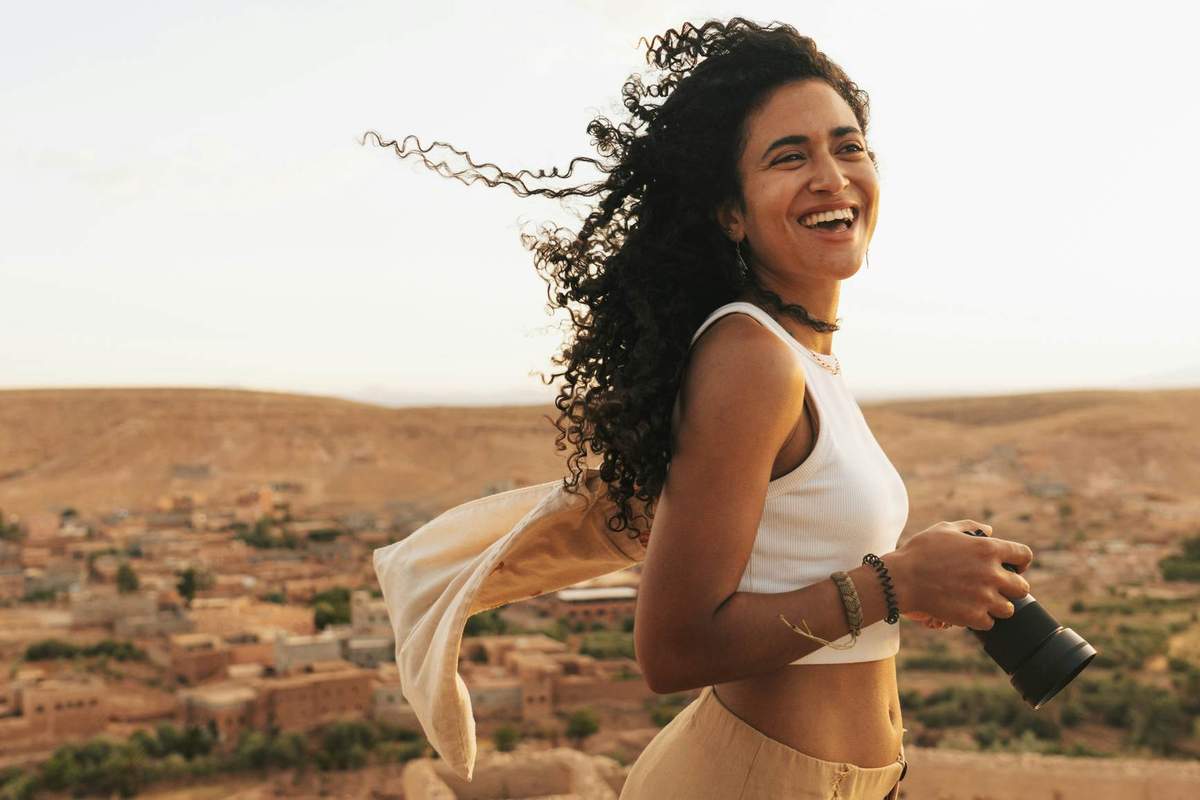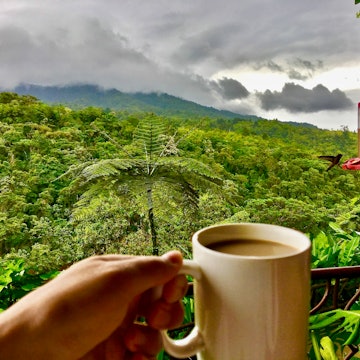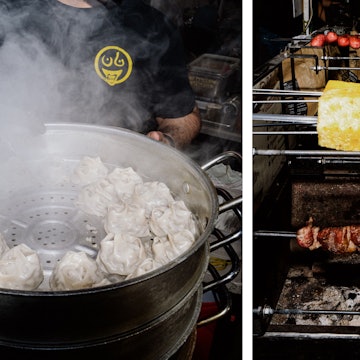
See the incredible photos of remote African tribes captured by a COVID frontline nurse

Aug 4, 2020 • 4 min read

Zarnoch's first overseas trip with a non-profit organization was to Tanzania © Cohan Zarnoch
Cohan Zarnoch remembers seeing the lip plates worn by the women of the Ethiopia’s Mursi tribe in a photograph in National Geographic. She was seven years old, growing up in Ohio where her only exposure to the wider world was the magazine and World Book Encyclopedias.

“I said, one day I'm going to see that,” she recalls. “When we arrived, I stood there and cried. Who would have thought when I was seven that I would have actually seen this?” Zarnoch, now 54, has spent the last 12 years traveling with non-profit organizations, photographing remote African tribes along the way.

Based in Colorado, Zarnoch is also a surgical nurse currently working on the frontlines of the COVID-19 pandemic. She spent three weeks in April stationed in New York City, and is now in East Texas, where she’s nearing the end of a continuous 30-day stretch of 12 hour days, caring for COVID patients.

Before being deployed to pandemic hot spots in the US, Zarnoch traveled with organizations such as Operation Walk, facilitating joint replacement to those in need, and Primo Filters International, a non-profit she runs with her family, bringing clean water to developing countries – usually with her camera.

The mother of four loved photography growing up, and spent decades capturing her own children, but never entertained the idea of pursuing the hobby professionally. “I thought I could only be one thing, and maybe in my next lifetime I would be a photographer, because in this lifetime, I'm a nurse,” she remembers. But after a breast cancer diagnosis, she changed her mind. “I decided life was too short.” She also remembered the dream she had as a seven-year-old growing up in Ohio. “Once I was diagnosed, I said 'Oh my god, I haven't been to Africa yet'.”

So Zarnoch reached out to a non-profit, and 30 minutes later she heard back – they needed a photographer to cover their mission to Tanzania. Over a decade later, the photographer has worked with half a dozen organizations, either taking photos to help with their fundraising efforts, or running surgical missions, taking her to Africa, Peru, Panama, Cuba, and Central America.

Though she’s traveled all over the world now, her experiences in Africa stand out to Zarnoch. “You're just present in the moment – the people I meet accept you for who you are, and if you accept them in the moment for who they are, there's this great connection that you can't find anywhere,” she says. “We're so judged here. We have such cultural conformities, and I go there and they just allow me to be me. I don't find that a lot in the US.”

She’s photographed tribes in Ethiopia, Tanzania, Rwanda, and Namibia, among others, and her warm and vibrant portraits of members of the tribe, mostly women and children, reflect that connection between the photographer and her subjects. “I just smile and I wave – I want to talk to them, but I know I can’t because most of the time I don't have a translator,” she explains. “I play with the kids, and that helps me connect with the mothers.” The communication hurdle is one of the biggest challenges she faces in her work. “I want nothing more than to sit in the dirt and play with the kids and know their name and talk to the mom and see what life is like for them. What do they like? Where do they go?” Instead of speaking the same language, then, Zarnoch uses her camera to further that connection, teaching the kids to take their own photos, and showing all her subjects the photos she takes. “They've never seen themselves, they don't have mirrors. So I readily show pictures.”

Zarnoch says succeeding as a nurse and a photographer come down to the same thing: “I love people. I love helping people. I love connecting.” Both professions call for a high degree of empathy for others, and Zarnoch has it. “I didn't have a voice growing up,” she says. “I was kind of in that era where you were seen and not heard. So I feel like I'm giving voice to those who finally want to be seen or heard.”

The self-described overachiever says she’s not one to ever let the dust settle. “If I'm not running a mission trip, I'm shooting a mission trip. If I'm not shooting a mission trip, I work a few hours in the hospital, and if I'm not doing that I’m editing.” Zarnoch says her dream is to shoot for National Geographic magazine someday. With her track record, it seems likely. And as soon as the pandemic lets up, the photographer will resume traveling again – next up, Chad and South Sudan.
You might also like:
These books by African authors will transport you from Algeria to Zimbabwe
Tanzania: an epic safari following the Serengeti's Great Migration
Traveling to Africa with my young daughters: a father's story













